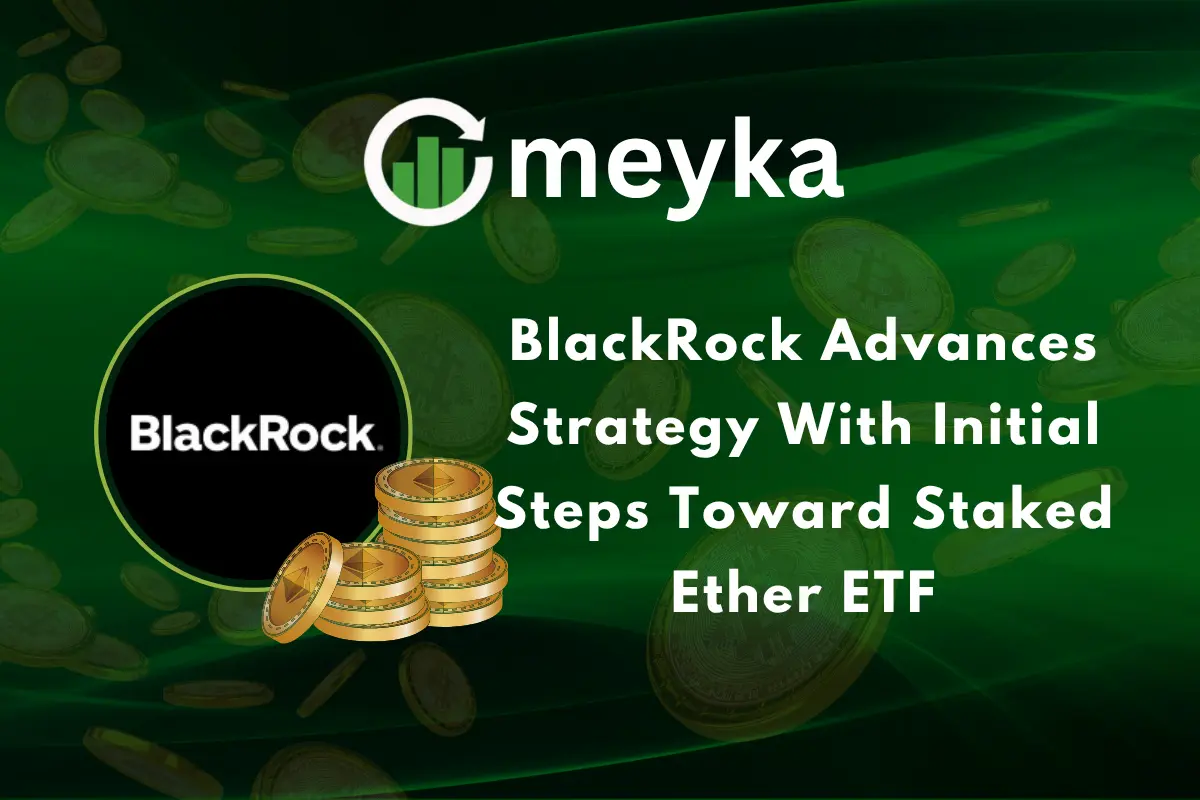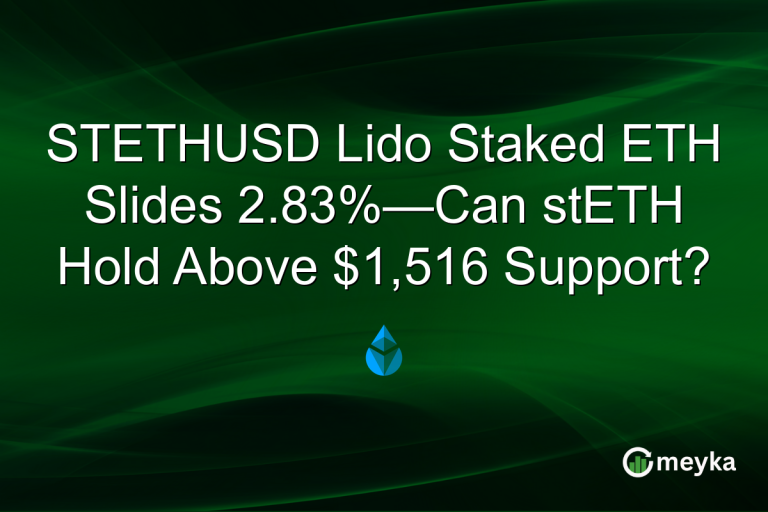BlackRock Advances Strategy With Initial Steps Toward Staked Ether ETF
In November 2025, BlackRock made a major move into Ethereum’s staking world. The firm filed to register the iShares Staked Ethereum Trust in Delaware. This is not just about owning Ether. It’s about earning yield by locking it up, a feature many investors want but don’t know how to access. BlackRock’s step could change that.
Continue Reading on Meyka
This article is available in full on our main platform. Get access to complete analysis, stock insights, and more.
Read Full Article →





